Change language:
Uyghuristan, a mysterious land where Hungarians’ closest relatives live

The homeland of Hungarians’ closest relatives the Uyghurs lies in Xinjiang Province, western-China. Despite China’s bloody oppression of the Uyghur ethnic group, Uyghur history still keeps its secrets.
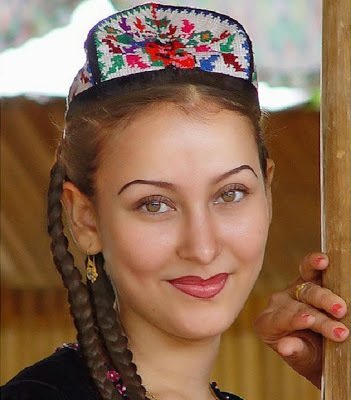 The Uyghurs have ruled the wast land of Eastern Central Asia since thousands of years. From AD 745 until AD 840 their Empire extended from Manchuria to the Altai region. Their capital city was Ordu-Balik, meaning “city of the royal camp” located near Orkhon River.
The Uyghurs have ruled the wast land of Eastern Central Asia since thousands of years. From AD 745 until AD 840 their Empire extended from Manchuria to the Altai region. Their capital city was Ordu-Balik, meaning “city of the royal camp” located near Orkhon River.
About ten million ethnic Uyghurs still live in Xinjiang Province today; the fabulous history and culture of the Uyghur people astounded explorers throughout the ages.
According to Chinese records, the Uyghurs have been always known to be great healers; among others, they invented acupuncture. Shamanism is still alive in Uyghuristan, even though the belief system of the people is quite complex due to various historical circumstance.
Centuries before Gutenberg, Uyghurs had already been familiar with the printing press and they were well-versed in architecture, art and music. In Uyghuristan, most people could read and write even in ancient times. The legendary Silk Road led through the Uighur empire connecting the East with the West.
China closely controls the officially autonomous province of Xinjiang because the province is rich in minerals — oil, natural gas, coal, gold and so on. We frequently hear violent clashes taking place between Uyghurs fighting for independence and Chinese interior ministry troops; the Chinese media call these clashes “terrorist acts.”
Last year, the Hungarian government by abusing its powers deported Uyghur human rights activist Ümit Hamit from Hungary. (In Hungary everybody understands that the government acted on Chinese request). After returning to Hungary, Ümit Hamit simply stated the facts: Uyghurs and Hungarians are close relatives, the freedom loving people of Uyghuristan are brutally suppressed by China. Due to oppression, Uyghurs fall victim almost daily to the heavy-handed policies of the Chinese government.
Despite the torturous history of the Uyghur nation, the people of Uyghuristan live their daily lives on a fairy-tale like landscape. The most fabulous scenery of Xinjiang Province is the legendary Kanas Lake region, which is located in a valley near the Altai Mountains, in the northern corner of Xinjiang Uyghur Autonomous Province. The Mongolian word “Kanas” means “canyon, lake”.
Legend has it that huge monsters live in the depths of the lake pulling camels and horses to the bottom of the lake to appease their thirst. The “horse consuming monster” actually is a “big red fish” (Hucho taimen) whose length exceeds 10 meters.
Uyghuristan is a mysterious and fabulous land, especially in the fall. The vegetation engulfed in golden sunshine, and the snow-capped mountains at lake “Kanas” provide a magic backdrop to the owe-inspiring scenery. Near the small wooden houses, ruminating herds of cattle and sheep can be seen oblivious of the human drama played out on a daily basis between the oppressor and the oppressed. Despite the ongoing conflict, the fairy-tale like landscape of Uyghuristan closely guards its secrets.
Original article: http://magyarno.com/nem-a-nagy-piros-hal-a-szorny/
Translated by hungarianambiance.com
Photo: magyarno.com
Source: http://magyarno.com/








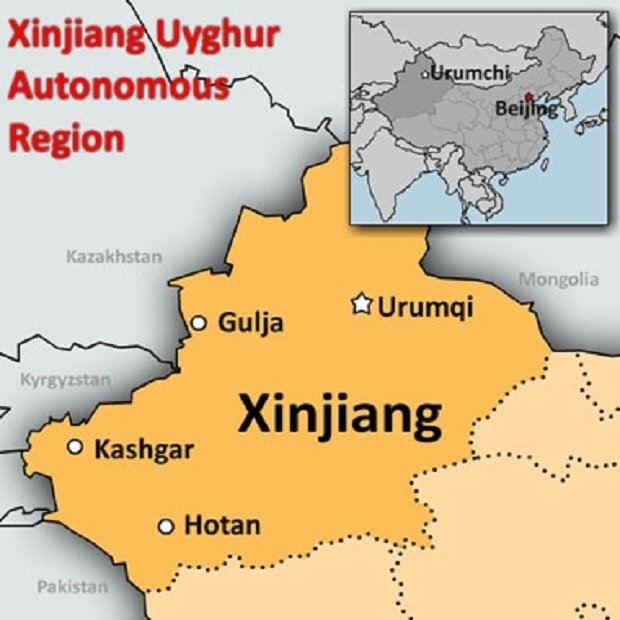
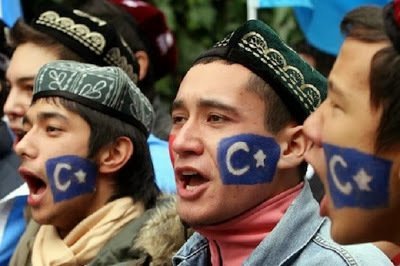
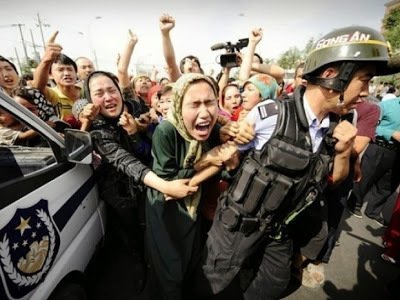
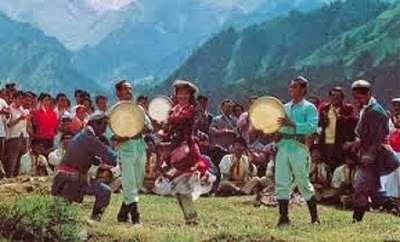
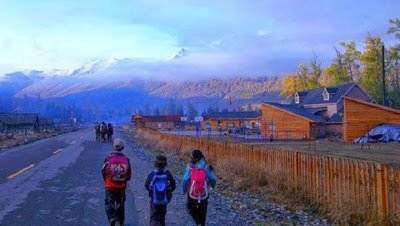
One day we will get a freedom!
this is completely false. the hungarians’ closest relatives are the khanty and mansi of siberia. after that are other uralic-speaking people such as the finns, estonians, karelians, saami, samoyeds, and many siberian peoples. the uyghurs are turkic, a completely unrelated group of people who also just happen to originally come from an area south of the urals’ homeland
Are you also descendants of the ancient Sumerian civilisation over run by two waves Semites the Amorites and Akkadians from the West when you were in Ur?>
You left out the fact that they have been Muslim since the 10th century. This is the prominent reason China wsnts them out.